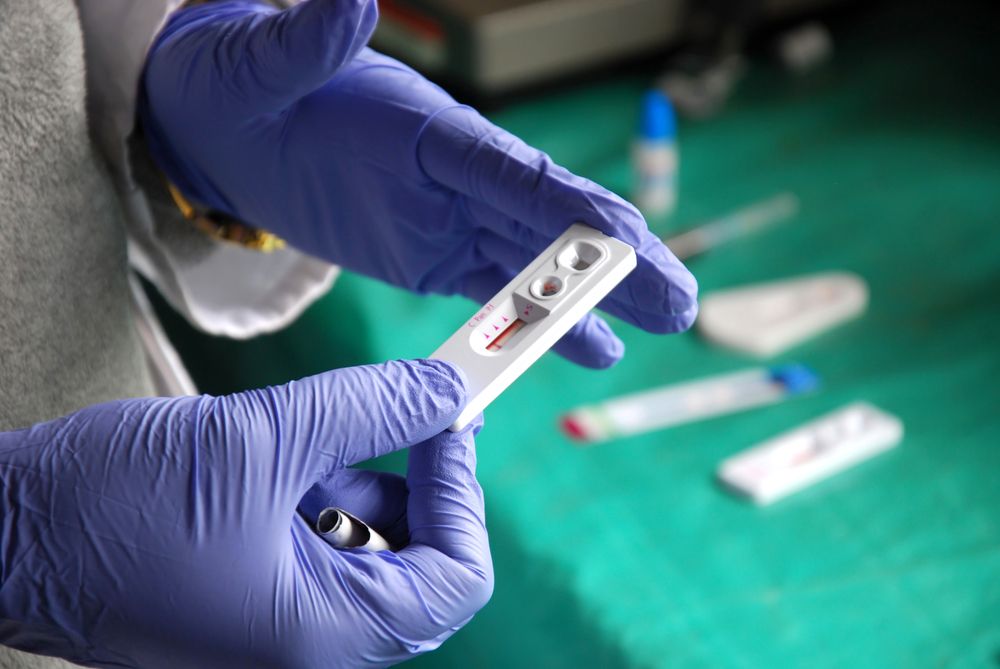Human immunodeficiency virus (HIV) attacks the immune system, potentially causing AIDS. Immediate detection and treatment are vital for managing the virus and preserving health.

Franco Volpato/Shutterstock
How Do You Know You Have HIV? Recognizing HIV Symptoms
HIV progresses through different stages, each with distinct symptoms.
- Early Stage: Symptoms surface within 2-4 weeks of infection, lasting a few weeks. They include fever, rash, joint pain, and sore throat.
- Chronic Stage: Mild symptoms appear, such as fatigue and diarrhea. Without treatment, this stage can last a decade or more.
- AIDS Stage: If untreated, HIV progresses to AIDS. Symptoms include severe weight loss, night sweats, chronic diarrhea, and pneumonia.
Treatment Options for HIV
Treatment should start immediately after an HIV-positive test. It involves antiretroviral therapy (ART) which uses a mix of drugs to prevent resistance and reduce viral load. Treatment is tailored based on the patient’s CD4 count and health stage, proving essential for those with low CD4 counts, severe symptoms, or concurrent infections. Regular monitoring and medication adjustments are key components of effective HIV management.